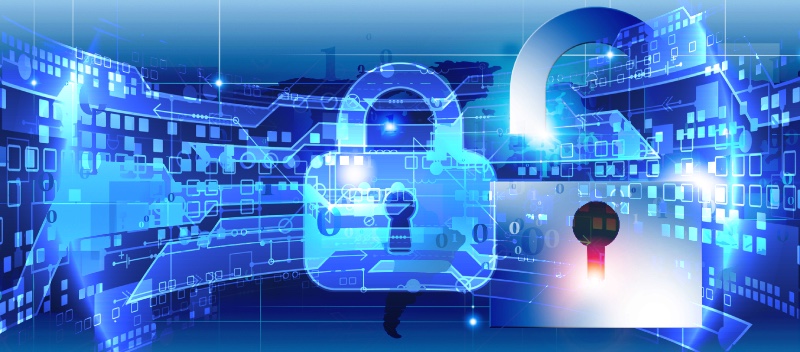
A firewall is an essential layer in your network security infrastructure that you absolutely need to have installed. Utilizing user-defined rules, they are designed to allow desired traffic to flow while filtering out unwanted data. Understanding hardware vs software firewalls can enable you to determine which firewalls devices are the best solution to ensure and protect your network security.
Hardware vs Software Firewall
What is a Hardware Firewall
Think of a hardware based firewall as a loyal guard that is on constant duty. Assigned to a position directly between the internet and your guest wireless and your router, an internet security hardware firewall analyzes each and every packet of data that is gaining access to your network server. In addition to basic web filtering and data scanning, the top modern hardware firewalls usually include “smart” control functions that examine huge chunks of data for malware and common cyber security breaches based on your specific network activities. This is a significant improvement over previous technology that simply used generic information about recognized viruses and other malware.
Perhaps one of the best aspects of a hardware firewall is that it is connected to your computer network as opposed to an individual workstation. As a result, a hardware firewall does not cease to function if a particular segment of your system goes down. For that reason, it provides ongoing, first-line protection of your valuable cyber infrastructure against threats and filters out undesirable data.
Software Firewalls
While they do offer some benefits, software firewalls are far more limited than their physical firewall counterparts. These types of programs generally are installed on individual computers and are used to secure data that has already passed through your router, network switch and local hard drive via port numbers and applications. Their primary function is in the safeguarding of specific devices such as printers and phones from other internal systems. They use information about definitions of existing malware, blacklisted IP addresses and suspicious application requests to prevent users from engaging in risky activities.
Because of their position in your system, however, they do not have the scope of network firewall hardware. If the computer onto which they are installed goes down for any reason, they cease to guard your system. In addition, you or your system administrator must constantly monitor and train the software to recognize threats since the security landscape is constantly changing. Therefore, although they do help, they cannot be relied upon in and of themselves to keep your office and server safe from outside attack.
“Cloud” Firewalls
A cloud-based firewall enables you to combine the best of both hardware and software firewall worlds. These internet security perimeters contain both on-site hardware and software interfaces. Outside internet security professionals generally maintain these systems and provide customer service and online and sometimes in-person application support. Using these modern security systems can set your business up for success by equipping you with the most robust safeguards for your valuable data.
These days, data breaches are posing significant threats to individuals and companies both large and small. When it comes to security, it is not so much a question of hardware vs software firewall. Instead, server firewall hardware and software work hand in hand to form a crucial layer of protection against outside threats.




